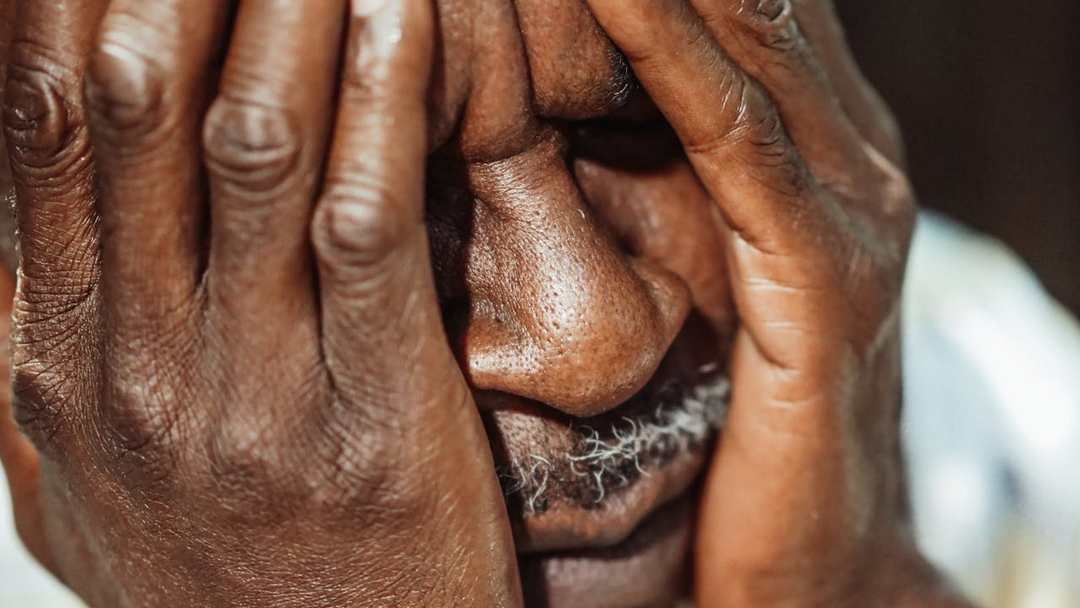Students attending K-12 schools in Michigan would have the opportunity to utilize medical marijuana and CBD-infused products thanks to recently introduced legislation (2023-HIB-5063).
The bill, introduced by Democratic representatives in the Michigan House last week, aims to legalize the consumption of marijuana-infused edibles, beverages, and other products with minimal THC content by students on school premises or while riding a school bus.
A designated staff member will have the authority to administer the product, while only those with written permission specifying the appropriate timing and recipients will be permitted to ingest it. Examples of such instances include rescue medication for the relief or prevention of symptoms.
The goal is to improve access to medical marijuana for students who meet the required qualifications, thereby enhancing their accessibility.
It’s a clear demonstration of the state’s commitment to align its policies with the wide range of drugs that vary in legal status within Michigan.
FAQs
Q: What is the purpose of Michigan legislation 2023-HIB-5063?
A: The purpose of Michigan legislation 2023-HIB-5063 is to require school districts to provide medical marijuana to students who have a medical marijuana card and whose parents or guardians have consented to their use of medical marijuana.
Q: Who is eligible to receive medical marijuana under the legislation?
A: Students who have a medical marijuana card and whose parents or guardians have consented to their use of medical marijuana are eligible to receive medical marijuana under the legislation.
Q: How would medical marijuana be administered to students under the legislation?
A: The legislation would require school districts to designate a school nurse or other qualified school employee to be responsible for administering medical marijuana to students. The legislation also requires school districts to develop a policy for the administration of medical marijuana to students.
Q: Are there any restrictions on the use of medical marijuana by students under the legislation?
A: Yes, there are some restrictions on the use of medical marijuana by students under the legislation. For example, students would not be allowed to use medical marijuana during school hours or during school-sponsored activities.
Q: When would the legislation take effect?
A: If the legislation is passed and signed into law, it would take effect on September 30, 2024.
Additional information:
- The legislation was introduced by Representative Dylan Wegela on September 28, 2023.
- The legislation has been referred to the House Committee on Regulatory Reform.
- The legislation has not yet been voted on by the Michigan House of Representatives as of October 3, 2023.
Please note that this is just a summary of the legislation and does not constitute legal advice. If you have any questions about the legislation, you should consult with an attorney.
Random FAQs
Q: What is a subpoena?
A: A subpoena is a court order that requires a person to appear in court or to produce documents.
Q: What is a deposition?
A: A deposition is a sworn statement that a witness gives outside of court. Depositions are often used to gather evidence before a trial.
Q: What is a plea bargain?
A: A plea bargain is an agreement between a defendant and a prosecutor in which the defendant agrees to plead guilty to a lesser charge in exchange for a lighter sentence.
Q: What is a trial by jury?
A: A trial by jury is a trial in which a group of citizens, called jurors, decide the guilt or innocence of a defendant in a criminal case.
Q: What is an appeal?
An appeal is a process by which a party in a lawsuit asks a higher court to review a decision made by a lower court.
Q: What is a writ of habeas corpus?
A writ of habeas corpus is a court order that requires a person who is being held in custody to be brought before a judge so that the legality of their detention can be determined.
Q: What is a Miranda warning?
A Miranda warning is a warning that police officers must give to suspects before they interrogate them. The Miranda warning informs suspects of their rights, such as the right to remain silent and the right to an attorney.
Q: What is a statute of limitations?
A statute of limitations is a law that sets a time limit within which a lawsuit must be filed.
Q: What is a tort?
A tort is a civil wrong that causes harm to another person. Common torts include negligence, assault, and battery.
Q: What is a contract?
A contract is an agreement between two or more parties that is enforceable by law.
Q: What is a crime?
A crime is an act that is prohibited by law and punishable by the government.
What does Quash mean?
to say officially that something or an earlier decision, is no longer to be accepted: His conviction was quashed after his attorney argued that police evidence was all lies.
What is conviction vacated mean?
When a sentence is vacated: It legally annuls the conviction. Vacating a criminal sentence means removing that conviction from a person’s record. The record will then appear as if the person was never charged and convicted of a crime.
Why would a sentence be vacated?
Someone who has their conviction vacated are released from custody under certain conditions, such as a plea bargain being breached, proof of ineffective counsel, court bias, or another similar factor that might have impacted the outcome of the original trial.
Is vacating the same as dismissing?
‘Vacating’ or ‘setting aside’ is used when referring to nullifying a specific judgment from the judge (in this case, a guilty or ‘no contest’ judgment).
‘Dismissing’ applies to the entire case. It means that the case is thrown out for reasons other than its factual merits.
Does vacated mean innocent?
Winning the motion to vacate doesn’t mean that this is the end of the matter. The conviction or sentence is canceled as if it never existed, but the court doesn’t close your case. Instead, the prosecutor then decides whether to drop or pursue the original charges.
More Posts

Criminal Sexual Conduct (CSC) Consent in Michigan
Criminal Sexual Conduct (CSC) Consent in Michigan: Definitions, Penalties, and Legal References.Criminal Sexual Conduct (CSC) consent refers to the voluntary, informed, and freely given agreement by an individual to engage in sexual activity. Consent plays a critical...

Criminal Sexual Conduct (CSC) Fourth Degree
Criminal Sexual Conduct (CSC) in Michigan: Fourth DegreeCriminal Sexual Conduct (CSC) is a set of laws in Michigan that define and penalize various forms of sexual offenses. These laws are categorized into four degrees, with each degree reflecting the severity of the...

Criminal Sexual Conduct (CSC) Third Degree
Criminal Sexual Conduct (CSC) in Michigan Third DegreeCriminal Sexual Conduct (CSC) is a set of laws in Michigan that define and penalize various forms of sexual offenses. These laws are categorized into four degrees, with each degree reflecting the severity of the...

Criminal Sexual Conduct (CSC) Second Degree
Criminal Sexual Conduct (CSC) in Michigan: Definitions, Penalties, and Legal References.Criminal Sexual Conduct (CSC) is a set of laws in Michigan that define and penalize various forms of sexual offenses. These laws are categorized into four degrees, with each degree...

Criminal Sexual Conduct (CSC) First Degree
Criminal Sexual Conduct (CSC) in Michigan: First DegreeCriminal Sexual Conduct (CSC) is a set of laws in Michigan that define and penalize various forms of sexual offenses. These laws are categorized into four degrees, with each degree reflecting the severity of the...

Criminal Sexual Conduct (CSC) – Michigan
Criminal Sexual Conduct (CSC) in Michigan: Definitions, Penalties, and Legal References.Criminal Sexual Conduct (CSC) is a set of laws in Michigan that define and penalize various forms of sexual offenses. These laws are categorized into four degrees, with each degree...

I’ve Been Accused of Criminal Sexual Conduct (CSC) in Michigan
If you are innocent and falsely accused of Criminal Sexual Conduct (CSC) in MichiganIf you are innocent and falsely accused of Criminal Sexual Conduct (CSC) in Michigan, it is crucial to act carefully and strategically to protect your rights and ensure the truth comes...

Carrying a Firearm Under the Influence of Cannabis
Laws and Penalties in Michigan of Carrying a Concealed Firearm or EMD Under the Influence of a Controlled Substance.Michigan controlled substance info at end of article and yes cannabis is still a controlled substance 1 at the time of this article... but it is an...

Carrying a Firearm Under the Influence of Alcohol in Michigan
Laws and Penalties in Michigan of Carrying a Concealed Firearm or EMD Under the Influence of Alcohol or Controlled SubstanceAn individual shall not An individual shall not carry a concealed pistol or portable device that uses electro-muscular disruption (EMD)...

Are there exceptions that justify warrantless searches?
Exceptions to your 4th Amendment Rights against Search and Seizure (more to come).The Fourth Amendment of the U.S. Constitution safeguards citizens by prohibiting unreasonable searches and seizures and generally mandates the necessity of a warrant for such intrusions....








